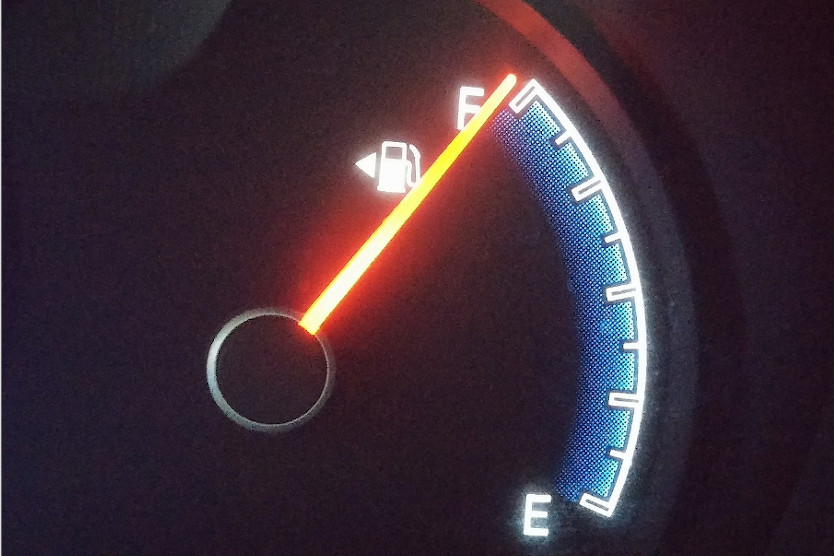
Engineers at the TUM’s Straubing Campus have constructed a synthesis plant to demonstrate how OME can be produced as a viable alternative fuel.
© pixabay
Despite the progress being made in e-mobility and alternative drives in Germany, the fact remains that many large transportation fleets and motor-drive applications used in industrial processes will continue to use diesel engines for the foreseeable future. Therefore, a special unit at the Technical University of Munich (TUM) has been working on synthetic fuels such as OME (oxymethylene ether) for use in existing diesel engines, which can significantly reduce CO2 emissions while making combustion cleaner.
Fuels made from oxygenates are comparable to diesel from crude oil but are more environmentally-friendly because the produced CO2 has been previously extracted from other sources and because they burn virtually “soot-free”, resulting in fewer local emissions and less overall greenhouse gases.
As part of the NAMOSYN project, engineers at the TUM´s Straubing Campus have constructed a synthesis plant to demonstrate how OME can be produced as a viable alternative fuel. The demo plant, which has been made in collaboration with partners including the TU Kaiserslautern and OME Technologies GmbH, consists of a reactor for OME synthesis, a distillation module and a membrane unit to remove the water (which is the only by-product).
NAMOSYN was launched by the Federal Ministry of Education and Research in 2019 and coordinated by DECHEMA Society for Chemical Engineering and Biotechnology e.V. and has received EUR 24 million in funding to date. The consortium includes 39 industrial and research partners from the entire value chain.
"The demonstration plant is the last and most important step before industrial implementation on a production scale," says Prof. Jakob Burger, head of the chair of chemical and thermal process engineering at the TUM and the co-founder of OME Technologies, in a press release from DECHEMA. The plant is in its final test phase and Burger hopes it will be in continuous operation by 2021.


